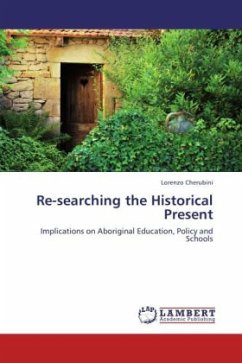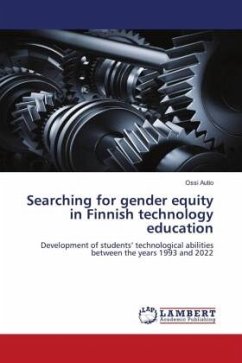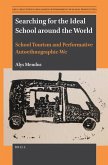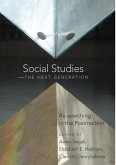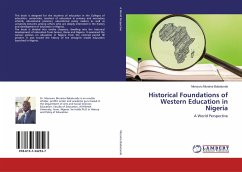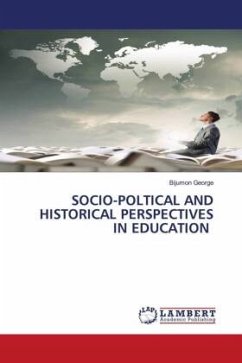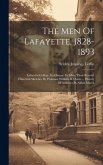The common belief that resonates throughout Re-searching the Historical Present: Implications on Aboriginal Education, Policy and Schools is that the future marker of success for the current and subsequent generations of Aboriginal learners rests squarely in education. As Haig-Brown describes in the Foreword, This important monograph arises out of hope, focusing on moves being made on several fronts, in the name of Aboriginal education. It demonstrates the impacts that research, policy and practice can have on classrooms and teachers and on the central figure in all of this business of education: the children or what some see as the future of this country. It demonstrates the impact of research in Aboriginal contexts on all who participate as a challenging and provocative site of learning. Re-searching the Historical Present: Implications on Aboriginal Education, Policy and Schools will encourage scholars, educators, policy makers and others to examine the impact of re-search as a multi-dimensional variable that implicates upon cognition, emotion and spirit.
Bitte wählen Sie Ihr Anliegen aus.
Rechnungen
Retourenschein anfordern
Bestellstatus
Storno

